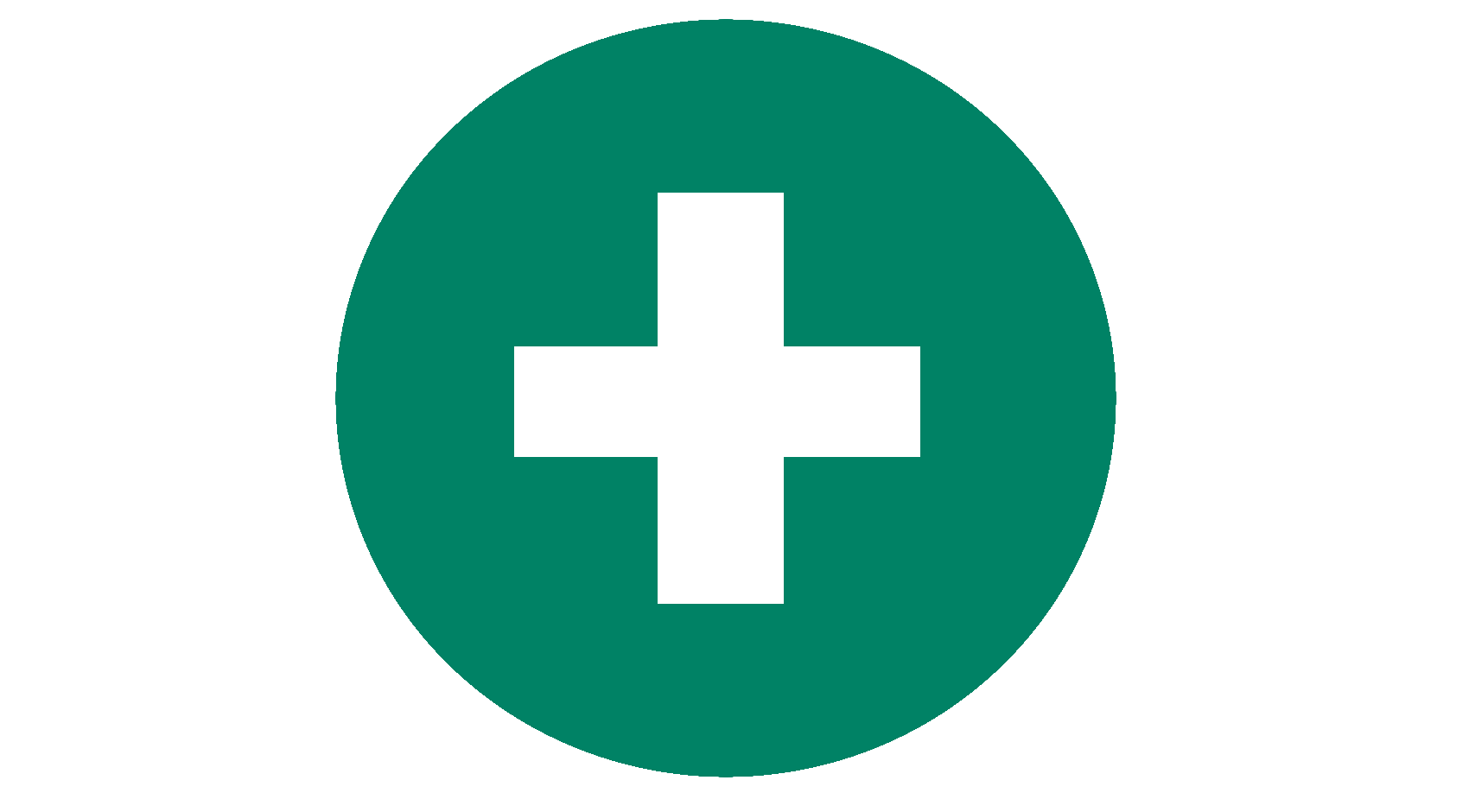Responding to complaints
In responding to a complaint, the RSPCA and DPIRD's LCU aim to ensure that:
- the welfare of the animal/s involved remains a priority
- the complaints are dealt with consistently and in a timely manner
- inspectors conduct themselves in a professional and courteous manner
- the responsibility for the care of the animal/s remains with the owner or person in charge where appropriate.
In any response to a complaint or investigation, the personal safety of the inspector and members of the public remains a priority at all times.
Compliance, enforcement and prosecution policy
DPIRD's Compliance, Enforcement and Prosecution Policy provides guiding principles to DPIRD inspectors in relation to the application of enforcement measures, including the prosecution of an offence. The policy can be found in the documents list on the right of this page.
What will happen after I make a complaint?
Complaints are investigated by inspectors of either the RSPCA or DPIRD's LCU, depending on the circumstances. An inspector will investigate the complaint and may need to contact the complainant for more information.
The inspector will determine on the available evidence whether an offence under animal welfare legislation is likely to have occurred or not. The inspector will then make a decision on the action to be taken, based on his or her findings. Inspectors have the power to take the following actions:
- Take no further action — the inspector may find that an offence has not occurred and/or appropriate action is being taken to address the welfare issues in relation to the animal/s.
- Provide education — an inspector may provide education or advice on the appropriate care of the animal/s.
- Issue a direction notice — the inspector may issue a formal written direction to a person requiring that person to do specific things within a specified time to rectify animal welfare problem/s. The inspector will check to ensure the direction has been followed. It is an offence to not follow a lawful direction. A direction given by a general inspector may be reviewable. For more information on reviewable decisions visit our webpage on reviewable decisions.
- Removal of animals — the inspector may decide that an animal should be seized and removed from its present situation to protect the welfare, health and safety of the animal. An inspector who seizes an animal must ensure that it is properly treated and cared for.
- Collect evidence to prosecute an offence — the inspector may decide that an offence has occurred. The inspector will collect evidence for a prosecution case. This may lead to a person or persons being charged with an offence and the matter proceeding to court.

